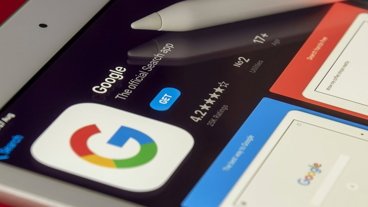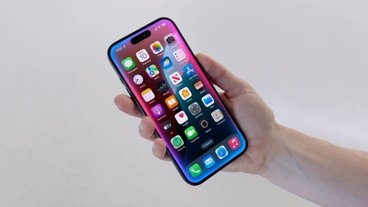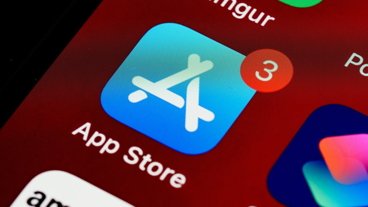Developers looking for a faster way to prototype iBeacon-enabled apps or everyday users who want to experiment with the microlocation technology can now look to Beacondo, a startup working to make iBeacon integration simpler with a new drag-and-drop system.
Beacondo provides a familiar graphical user interface for creating apps and configuring iBeacons, freeing users from writing code. The company says that apps built this way are still compiled from native code, however, meaning that users will not experience any slowdowns and many built-in iOS functions are available.
Users can configure their app to display custom content based on the device's range from a specific iBeacon, scan two- and three-dimensional barcodes — including QR codes — and share content to social networks like Facebook and Twitter. Apps are created using the free Beacondo Designer, and can be previewed with the Beacondo Viewer iOS app.
A wide range of design choices is also available, with users able to add carousels, maps, videos, and audio, among other elements. Beacondo says their platform works well for retail stores, museums, and coffee shops, though any type of business can build apps using it.
Beacondo is free for anyone to use, provided that apps created using the system carry a "Powered by Beacondo" message. Those wishing to remove the message can upgrade to one of two "professional" or "enterprise" plans that enable apps to interact with higher numbers of iBeacons or customize in-app notifications.
 AppleInsider Staff
AppleInsider Staff







 Christine McKee
Christine McKee
 Malcolm Owen
Malcolm Owen

 Sponsored Content
Sponsored Content

 Amber Neely
Amber Neely











3 Comments
Apple did a pretty good job keeping iBeacons simple. You don't have to write that much code to properly integrate them into your app and provide real value to users. Not seeing the need for a generic browser experience.
Would make an awesome Github project. Beacondo should publish it as a public repo.
Newsflash: iBeacon apps don't work! Ok, so they do work BUT without critical mass - or several thousand app users, it's not worth investing in an app, or the hardware to enable the apps to work... If you own a coffee shop, a small hotel, or museum, who is going to visit the App Store and download your app? In reality, people will only download apps from big brands / businesses, in big enough numbers, to make iBeacons viable. Big business will have the resources to deploy the hardware and they will have the time and operatives required to keep the apps relevant - full of contextual information and offers, which will keep their app users engaged. Small business won't! Unless you can scale your app user base, into the thousands, it won't work.